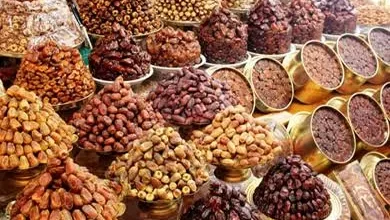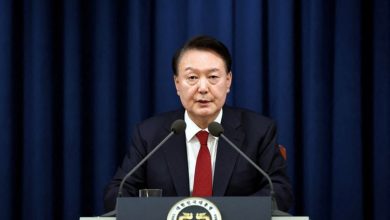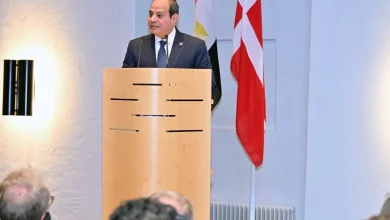Our greatest teachers – Egyptian Gazette
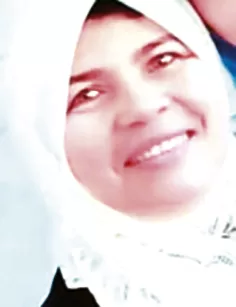
By Dr Laila Abdel Aal Alghalban
“That’s the nature of being a parent, Sabine has discovered. You’ll love your children far more than you ever loved your parents, and – in the recognition that your own children cannot fathom the depth of your love – you come to understand the tragic, unrequited love of your own parents,” Ursula Hegi said.
‘The road not taken’
As you grow older and become a parent, you usually want to travel “the road not taken” by your parents as you are not so much in love with their parenting style. Over time, how do you paradoxically end up doing most of the things you used to criticise your parents for when you were a teenager and an adult? How does parenting help us rediscover ourselves, our spouses and our children? And how does life leave its marks on us in this journey?
Parent-child relationship is by nature the strongest and most special kind of human relationships. It starts strong from the very early moments till the end of our life and even after death. Typically, most of our life is revolving around our children, putting so much energy, time and money to arm them with the skills needed for a happy life. We fight daily to change them to the best, keep their life on schedule and set examples for them to follow.
Our parents are our greatest teachers
When I was young, I had a problem understanding some of my parents’ behaviours, despite our emotionally strong ties and my utmost love and respect for them. My mom was my closest friend. I remember walking in the street with her grumbling as she loved talking to people and used to be very kind to everyone, a truly awesome communicator. That was very stressful for me as I thought, at the time, that one must show more formality and maintain a considerable degree of social distance. “ Mom, please don’t do that when we are together,” I used to tell her annoyingly. Many times she did so even to neighbours during the time when their kids and I were at odds. Surprisingly, I do the same thing; my children have the same remarks and are fed up with what they call “over modesty” and “over kindness”. Now I want to say “ Sorry, mom. I understand now how wonderful and soothing your words were and that was bringing you the happiness that I have now. And may be after thirty years my children would understand me and show more sympathy and kindness to people.”
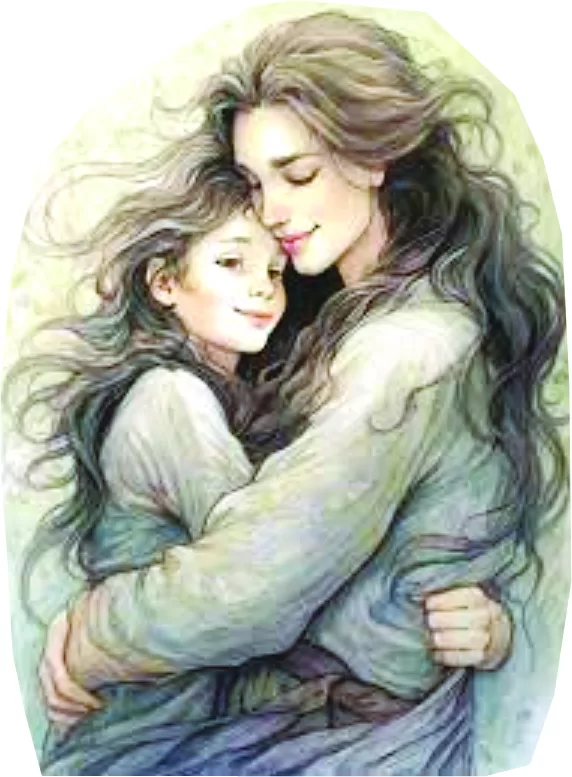
Other people would say that their parents used to bargain and spend so much time scrolling through the supermarket’s products to get the lowest prices and the best offers. That caused a lot of tension as children were not as patient as parents. Becoming parents, they unconsciously do the same. Others would report that their parents were too anxious about their education, careers, life skills and were very critical all the time, dissatisfied with their performance. This made them do their best and be who they are now. Now they follow in their parents’ footsteps. No one can forget how eager their parents were to push them to have “good friends”. Back then we were furious with their interference in our affairs. We also remember how they were always there to pick us when we messed up or when people let us down. I am sure you are doing the same to you children. We also cannot be more thankful to our parents for the lessons we learn from our failures or what is called the “negative examples”.
Speaking similarly
Even our parents’ speech is deeply seated in our memories. Their hilarious and funny catch phrases become part of our language, along with the fashionable ones that enter our verbal repertoire every day. Their speech used to be brimmed with proverbs, well-wishing expressions, religious breaching, bits of advice, telling stories, recalling childhood memories, singing early songs, endearment terms, among others. One survey of the most memorable parental expressions lingering in our minds shows such expressions as “Good manners don’t cost anything”, “Worrying is just praying for what you don’t want”, “Find the good in everybody”, “Don’t buy what you can’t afford”, to cite a few. As we become parents, we are amazed by the gradual creep of such themes and expressions to our parenting discourse. It seemed to me that as we trust our parents most, we internalise their comments, caring deeds and views. Over time, we parent our kids similarly.
A game-changing experience
Parenting is a game changing experience, affecting our entire lives. We start a journey of rediscovering ourselves, our spouses, our parents and our children. After giving birth to my eldest daughter, I told my mom” Now I realise what it means to be a mom. Now I know very well how long you suffered and endured unbearable pains. It’s the first time ever I feel you. I now know how dear and valuable you are to me.” As our children grow up, we see ourselves in most of what they do and say: the good and bad traits of our personalities. When they procrastinate, when they are sometimes mentally absent, day dreaming. “You’d better backlash them. You used to be that way,” one may think.
Seeing our beloved spouses in our children makes us better understand them. We are no longer critical of some of our spouses’ traits or habits. We’d better accommodate them and look at the awesome things our spouses pass to our kids. We definitely find in our kids stunning things form our parents, siblings and in-laws. Being an “old” parent has impacted my career as well. “ Right, sweethearts,” “You got it, sons and daughters,” I said to my students in one of my lectures on language change. “ By the way, I never spoke that way just a couple of years ago, this is also an example of language change,” I laughingly commented.
Thus, in everything we do, resonates our parents’ deeply rooted legacy, guiding us all the way through. Let us say thank you for being our best teachers. Their caring deeds, inspirational stories, kindness, selflessness, compassion, contentment, among many other things have made us develop the best version of us.
By Dr Laila Abdel Aal Alghalban
Professor of linguistics
Faculty of Arts
Kafr el-sheikh University
Email: [email protected]


